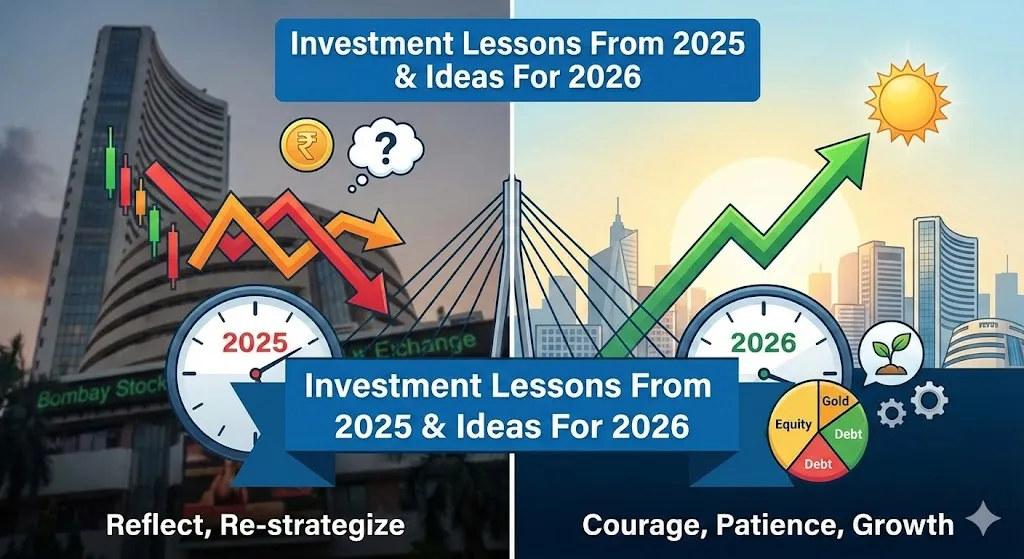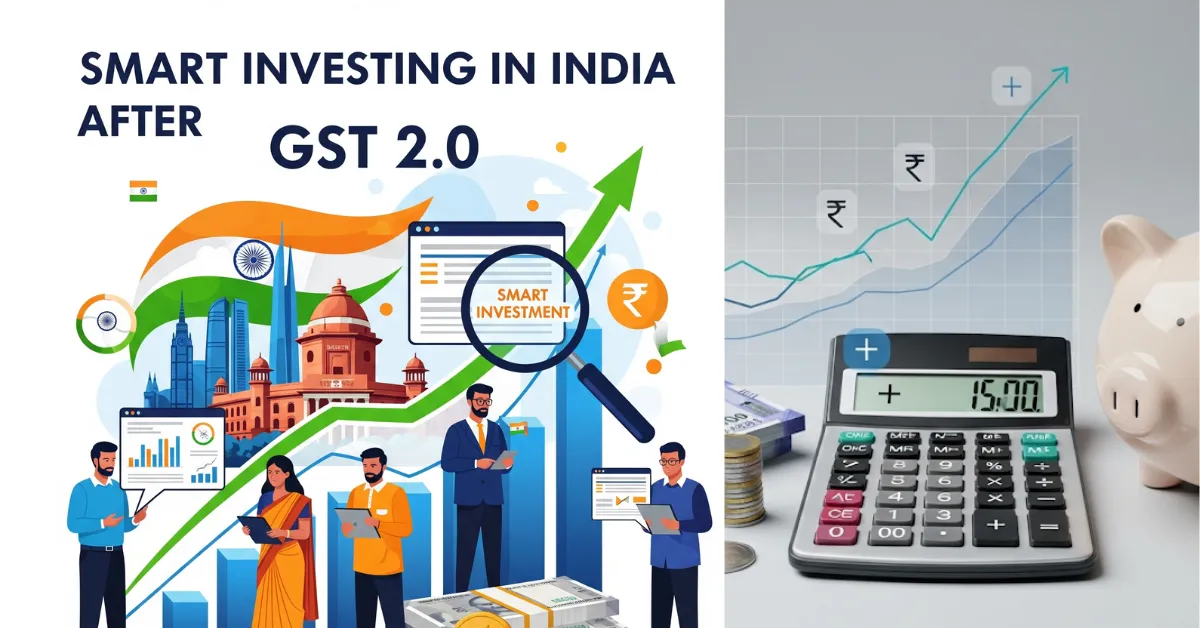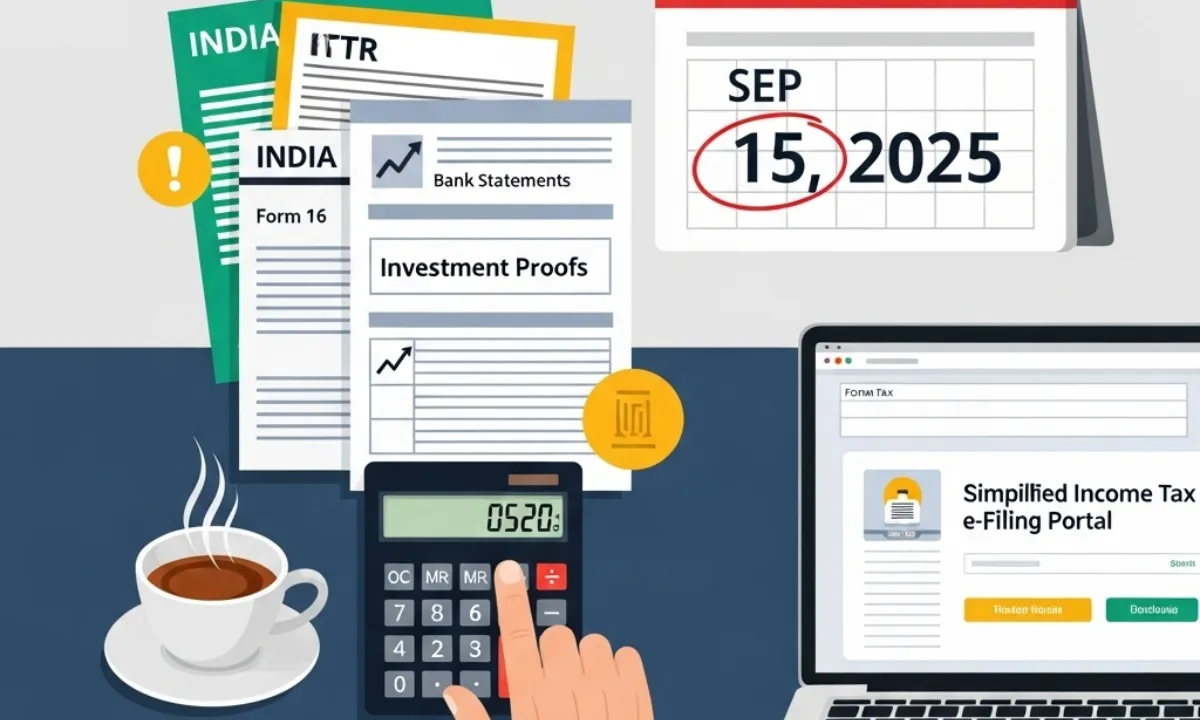The 8th Pay Commission is an anticipated milestone for central government employees and pensioners in India. Set to be implemented on January 1, 2026, this commission promises to bring about significant changes in salaries and pensions, impacting over 1 crore employees and pensioners. As the 7th Pay Commission nears its conclusion, there is growing speculation and interest in what the next commission will entail, especially concerning the new fitment factor that will play a crucial role in determining the minimum salary and pension.
Introduction to the 8th Pay Commission
The 8th Pay Commission is much awaited by central government employees and pensioners, as it is expected to revise their salaries and pensions to help them cope with inflation and maintain financial stability. The implementation of this pay commission is likely to follow the historical pattern, where a new commission is set up every 10 years to address the evolving economic needs of government personnel.
Historical Overview of Pay Commissions in India
India has seen a series of pay commissions, each playing a pivotal role in shaping the salary structures of government employees. From the 1st Pay Commission in 1946 to the 7th Pay Commission in 2016, each commission has aimed to align the salaries of government workers with the country’s economic conditions. The 7th Pay Commission, implemented on January 1, 2016, brought about substantial changes, including a 2.57 fitment factor, which significantly increased the minimum salary and pension for central government employees and pensioners.
Anticipated Implementation of the 8th Pay Commission
The 8th Pay Commission is expected to be implemented on January 1, 2026. Although there has been no official announcement, the pattern of setting up a new pay commission every decade suggests that the 8th Pay Commission will soon be established. The focus will be on revising salary structures, allowances, and pensions to align with the current economic environment.
Understanding the Fitment Factor
The fitment factor is a crucial element in salary and pension calculations for government employees. It acts as a multiplier that determines the new pay by adjusting the existing pay scale. For instance, under the 7th Pay Commission, a fitment factor of 2.57 was applied, leading to significant increases in both salary and pension. The fitment factor ensures that salaries and pensions keep pace with inflation and the cost of living.
Projected Fitment Factor for 8th Pay Commission
There is much speculation about the fitment factor that will be used in the 8th Pay Commission. While the 7th Pay Commission set the factor at 2.57, there are rumors that the 8th Pay Commission might use a fitment factor of 1.92. This adjustment will have a direct impact on the minimum salary and pension of central government employees.
Read More: How to Get a Monthly Pension of Rs 1 Lakh NPS
Minimum Salary Under 8th Pay Commission
With a projected fitment factor of 1.92, the minimum salary for central government employees is expected to increase from ₹18,000 to approximately ₹34,560. This adjustment will provide much-needed financial relief to government workers, helping them to better manage inflation and the rising cost of living.
Minimum Pension Under 8th Pay Commission
Similarly, the minimum pension is likely to see a substantial increase under the 8th Pay Commission. With the new fitment factor, pensioners can expect a minimum pension of around ₹17,280, up from the current ₹9,000. This increase will be particularly beneficial for retirees, ensuring they have sufficient funds to manage their post-retirement expenses.
Impact of the 8th Pay Commission on Inflation
One of the key objectives of the 8th Pay Commission is to address the issue of inflation. By revising salaries and pensions, the commission aims to enhance the purchasing power of government employees and pensioners. This, in turn, is expected to have a positive impact on the economy, as increased disposable income will likely boost consumer spending.
Comparative Analysis: 7th vs. 8th Pay Commission
When comparing the 7th and 8th Pay Commissions, the primary difference lies in the projected fitment factor. While the 7th Pay Commission used a factor of 2.57, the 8th Pay Commission is expected to lower this to 1.92. Despite this reduction, the overall increase in salaries and pensions is expected to be substantial, reflecting the economic realities of the time.
Read More: Budget 2024 Highlights for Common People, Taxpayers, and Child Savings
Allowance Revisions in the 8th Pay Commission
In addition to salary revisions, the 8th Pay Commission is expected to propose changes to various allowances, including the Dearness Allowance (DA). Based on previous trends, the DA for central government employees could exceed 50%, providing additional financial support to manage inflation.
Pension Reforms and Retirement Benefits
The 8th Pay Commission is not just about salary revisions; it also focuses on enhancing retirement benefits. Pension reforms are expected to provide greater financial stability for retirees, ensuring they can maintain a comfortable lifestyle post-retirement. The increase in pension amounts, coupled with other retirement benefits, will be a significant boon for pensioners.
Expected Salary Increases Across Various Grades
The 8th Pay Commission is likely to introduce differentiated salary increases across various grades of government employees. Higher grades may see more substantial increases, reflecting the responsibilities and complexities of their roles. This tiered approach ensures fairness and recognizes the diverse contributions of different employee groups.
Potential Challenges and Criticisms
Despite the anticipated benefits, the 8th Pay Commission may face challenges and criticisms. Employee unions may push for higher fitment factors or demand additional allowances. Public opinion could also influence the government’s decisions, especially in light of the economic impact of the commission’s recommendations.
Try This: NPS Vatsalya Calculator
The Role of Employee Unions in the 8th Pay Commission
Employee unions have historically played a crucial role in shaping pay commission recommendations. By advocating for the rights and needs of government workers, unions ensure that the commission considers the perspectives of those most affected by the changes. Their involvement in the 8th Pay Commission will likely be no different, as they push for fair and equitable treatment of all employees.
Government’s Response to Pay Commission Recommendations
The government’s response to the 8th Pay Commission will be closely watched. Historically, the government has accepted most recommendations, albeit with some modifications. How the current administration approaches the 8th Pay Commission’s suggestions will be critical in determining its overall impact.
The Broader Economic Impact of the 8th Pay Commission
The 8th Pay Commission is expected to have a significant impact on the broader economy. By increasing the disposable income of government employees and pensioners, the commission’s recommendations could boost consumer spending, stimulate economic growth, and contribute to a more robust financial environment.
Special Provisions for Armed Forces and Defense Personnel
The 8th Pay Commission may include special provisions for armed forces and defense personnel. While these groups often fall under a separate pay commission, there is a possibility that some of their needs will be addressed within the broader framework of the 8th Pay Commission. Ensuring fair and adequate compensation for these personnel is essential, given the unique challenges they face.
Try This: SSY CALCULATOR
Regional Variations and State Government Adoption
State governments in India often follow the central government’s lead when it comes to pay commission recommendations. However, regional variations may arise based on the state’s financial health and specific employee needs. The adoption of 8th Pay Commission guidelines by state governments will likely vary, with some states implementing the changes more quickly than others.
Significant Changes in The Salaries and Pensions
The 8th Pay Commission promises to bring about significant changes in the salaries and pensions of central government employees and pensioners. By addressing the current economic conditions and inflation rates, the commission aims to provide financial stability and enhance the overall well-being of government workers. As we await the official announcement, the anticipation and speculation continue to grow, with employees and pensioners eagerly looking forward to the benefits that the 8th Pay Commission will bring.
Read More: Best Investment Options for Financial Independence 2024: Top 5 Choices
Frequently Asked Questions (FAQs)
1. What is the expected fitment factor for the 8th Pay Commission?
The fitment factor for the 8th Pay Commission is anticipated to be around 1.92, though this is subject to official confirmation.
2. When will the 8th Pay Commission be implemented?
The 8th Pay Commission is expected to be implemented on January 1, 2026, following the end of the 7th Pay Commission.
3. How will the 8th Pay Commission impact pensioners?
Pensioners can expect a significant increase in their minimum pension, with the projected fitment factor leading to a minimum pension of around ₹17,280.
4. What changes can central government employees expect in their salaries?
Central government employees are likely to see their minimum salary increase to approximately ₹34,560, based on the projected fitment factor of 1.92.
5. How does the 8th Pay Commission affect allowances?
The 8th Pay Commission is expected to propose revisions to various allowances, including an increase in Dearness Allowance (DA) to help employees cope with inflation.








